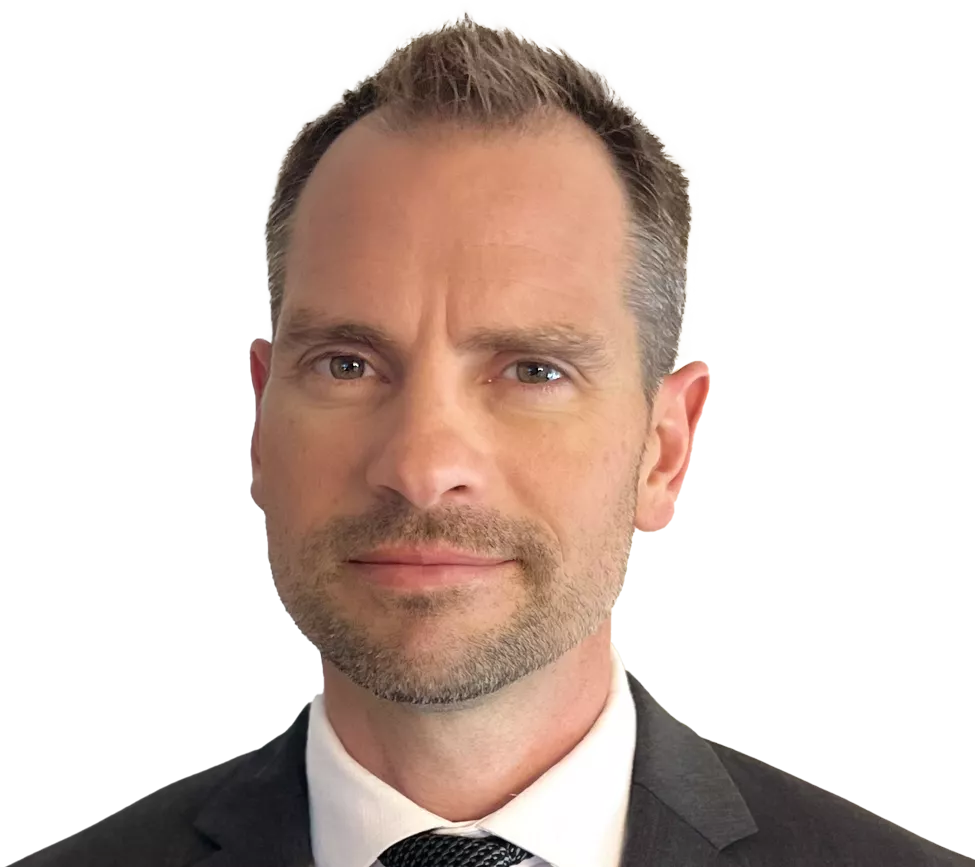

- Ph.D., Mechanical Engineering, Virginia Polytechnic Institute and State Univ, 2008
- B.S., Mechanical Engineering, Virginia Polytechnic Institute and State Univ, 2004
- Professional Engineer, Colorado, #PE.0058367
- Professional Engineer, Wisconsin, #48642-6
- Board Certified
- Research Scientist III, Department of Electrical and Computer Engineering, Colorado State University, 2018-2019
- Research Scientist II, Department of Electrical and Computer Engineering, Colorado State University, 2015-2018
- Research Scientist I, Department of Electrical and Computer Engineering, Colorado State University, 2010-2015
- Graduate Research Assistant, Department of Mechanical Engineering, Virginia Polytechnic Institute and State University, 2004-2008
- The Robert Bradford Newman Medal for Merit in Architectural Acoustics, 2005
- Best Paper By A Young Presenter, 153rd Meeting of the Acoustical Society of America, 2007.
- Acoustical Society of America
- Institute of Noise Control Engineering
- American Society for Testing and Materials: ASTM Committee E33 on Building and Environmental Acoustics
Dr. Mennitt specializes in acoustics and is skilled in the characterization, design, and modeling of acoustical environments and devices. His primary areas of expertise include noise and vibration control, environmental noise, signal processing, and auditory perception. Dr. Mennitt is board certified by the Institute of Noise Control Engineering.
Dr. Mennitt has applied his expertise to noise and vibration control of machines, buildings, infrastructure, medical devices, and consumer products. He has developed and implemented solutions to effectively reduce noise transmission to sensitive areas, isolate vibration, and support the development of quieter products. Dr. Mennitt conducts testing to characterize acoustical quantities such as sound power, directivity, transmissibility, and frequency response. He also draws on analytical methods and numerical models to evaluate mechanisms of sound generation, dominant sources, and transmission paths.
Dr. Mennitt's work is rooted in the human response to sound and vibration. As a certified Occupational Hearing Conservationist, he has evaluated occupational noise exposure, hearing conservation programs, hearing protection devices, and the efficacy of mitigative measures to protect hearing in the workplace and other settings. He has conducted assessments of whole body and hand transmitted vibration. Other work related to human perception has involved the audibility of alarms, annoyance of noise, speech intelligibility, and evaluation of product sound quality.
Dr. Mennitt has worked extensively with federal agencies and other organizations to assess environmental noise and the effects of noise exposure on humans and ecological systems. Prior to joining Exponent, he worked at Colorado State University in partnership with the National Park Service's Natural Sounds and Night Skies Division to manage acoustical environments. His research involved the spatiotemporal patterns of environmental sound on landscape scales, acoustical transducers, bioacoustics, flow noise, and predictive modeling. Dr. Mennitt has designed acoustical devices and methods for data acquisition, calibration, and monitoring sound in extremely quiet environments. While at Colorado State University, Dr. Mennitt also taught a course on acoustics, noise, and signal processing.
Dr. Mennitt's experience in computational acoustics includes deterministic time and frequency domain simulations of acoustic propagation (FEA, BEM, FDTD) as well as applications that exploit statistical learning. He led a multidisciplinary team to pioneer technology that uses geospatial data to generate comprehensive maps of environmental sound levels and noise exposure on continental scales. He has worked with academia, government, and industry to translate these estimates to implications for land management, ecological, epidemiological, military, and commercial applications. Dr. Mennitt's signal processing experience extends to active sonar applications, adaptive noise and echo control, and development of algorithms for detection, estimation and classification.
Dr. Mennitt's background is in mechanical engineering. He performed his doctoral work at Virginia Tech's Vibration and Acoustics Laboratory, developing terrestrial sonar systems for localization and tracking of acoustic sources in free-field and cluttered environments. During this research, he developed robust statistical methods for classification of acoustical signals and fusion of information from distributed sensor networks. He has also created tools for signal detection, beamforming, adaptive filtering, speech processing, and array signal processing. While at the Vibration and Acoustics Laboratory, he conducted testing with anechoic and reverberation rooms, intensity probes, impedance tubes, modal impact hammers, accelerometers, and shakers. Other graduate work included applications in spatial audio, active noise control for signal enhancement, architectural acoustics, music production, and audio engineering. His training and expertise in audio engineering helps Dr. Mennitt conduct educated and critical observations to address acoustical issues.